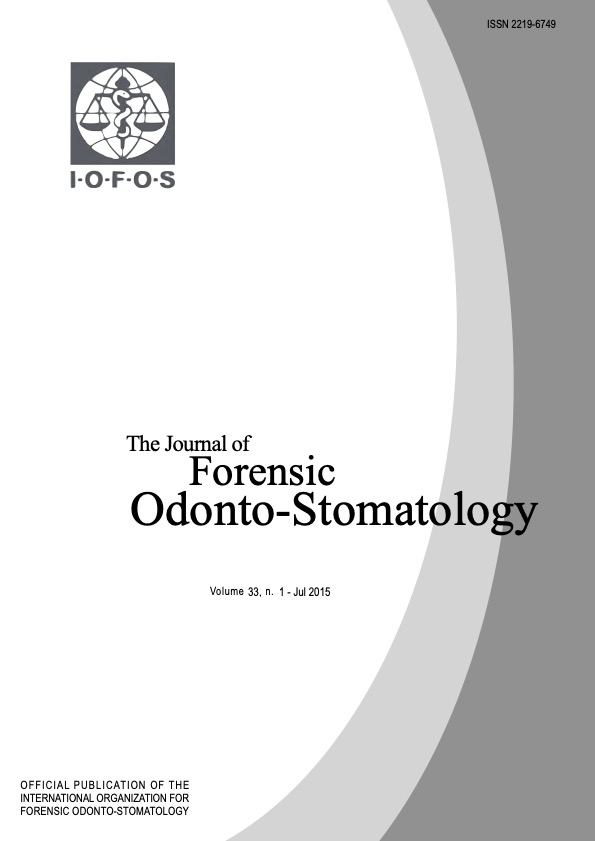Thoughts on donation of a tooth to science, in the course of dental care
Keywords:
Ethics, dental pulp stem cells, organ donation, bioengineeringAbstract
Introduction: Research on biological samples, including dental pulp stem cells (DPSC), has expanded considerably in recent years and is now seen as a way forward toward the possibilities of new therapies, such as craniofacial bone and tooth repair. The extraction of healthy teeth and their donation for scientific research is now well accepted by both patients and researchers alike. The present situation, as described above, presents a timely opportunity to reflect on the ethical and moral obligations of all of the stakeholders involved in this methodology.
Method: Twenty-two patients who received dental treatment between November 2013 and February 2014 in the dental department of Louis Mourier Hospital in Colombes, France, completed a questionnaire. The questionnaire was designed to gather data in respect of giving patients optimal information necessary to acquire informed consent for extraction of teeth to be used for odontological biomedical research.
Results: When patients agree to donate their teeth for purposes of scientific research it is vital that they are properly informed and enabled so that they are able to give consent freely
Conclusions: The risks to patients during dental extractions are minimal. However despite the growing need for a supply of extracted teeth for dental pulp stem cell research it is imperative that any ethical questions that may be raised by potential donors guarantee the security, integrity, and respect of the intentions and aspirations of the donor. To enable the acquisition of true informed consent, this article explores how the dissemination of information relating to biomedical research in the field of dental care must remain as a duty of care and professional ethics
Conclusions: The risks taken by the Patients during their dental extractions are minimal considering the dental pulp stem cell research need, however, all the ethical questions raised also have to guarantee security, integrity and respect of the patient’s will.
In order to ensure an informed choice, this article will explain how the patient’s consent and information in the field of dental care associated to the biomedical research has to remain an act of care and ethical relation.

